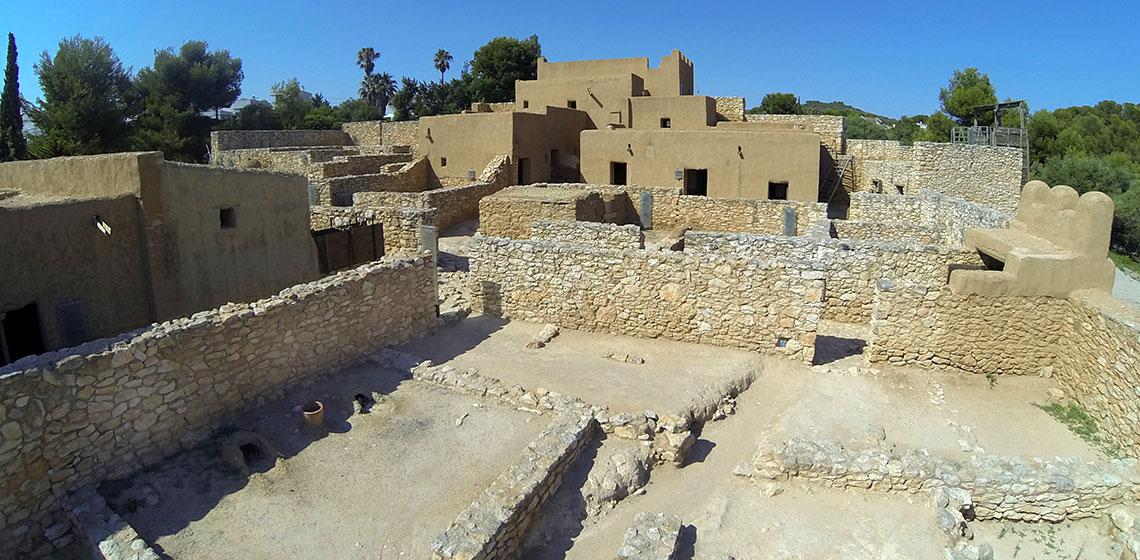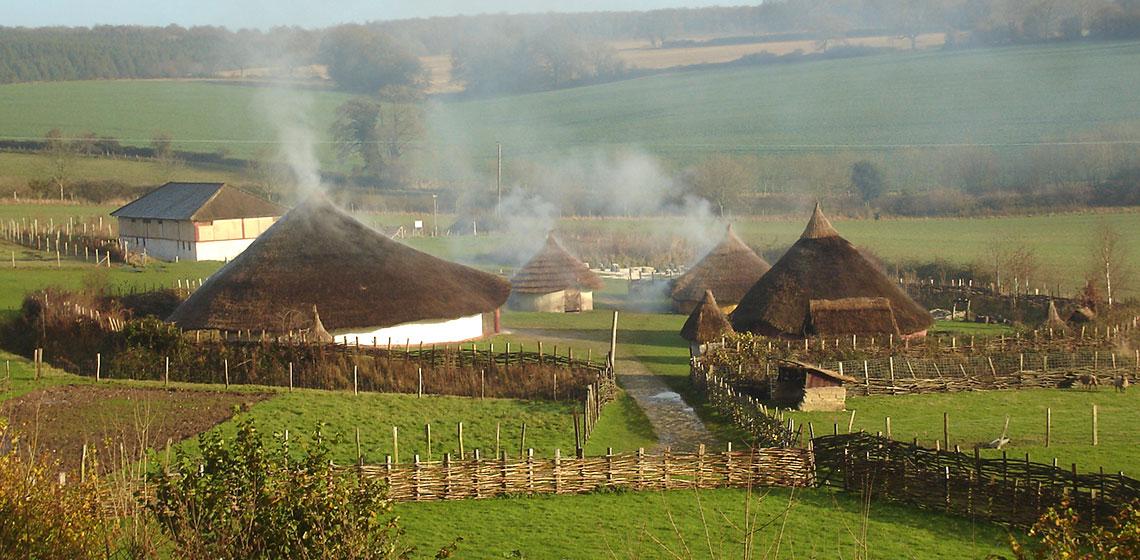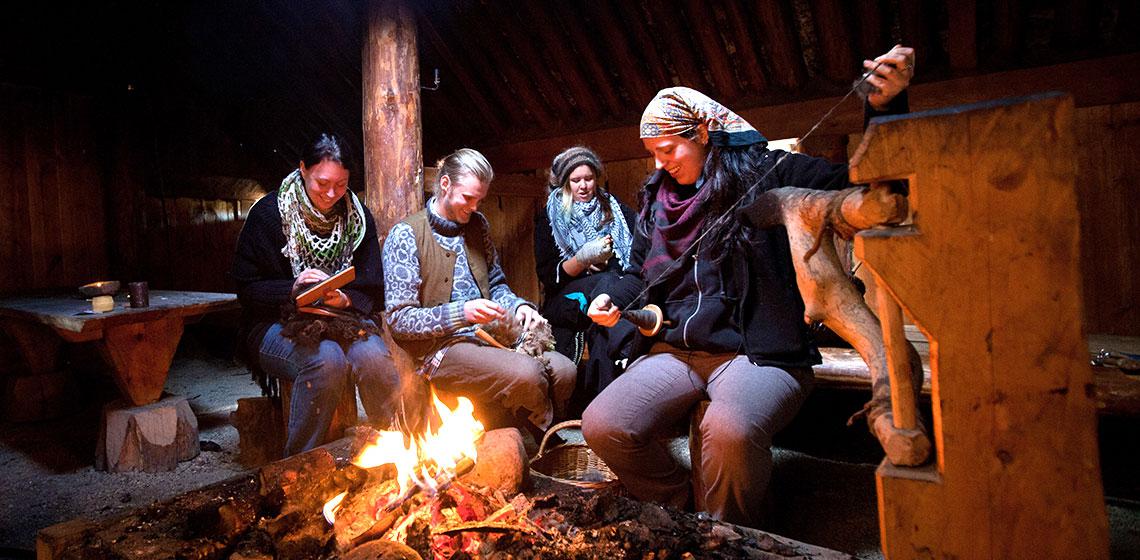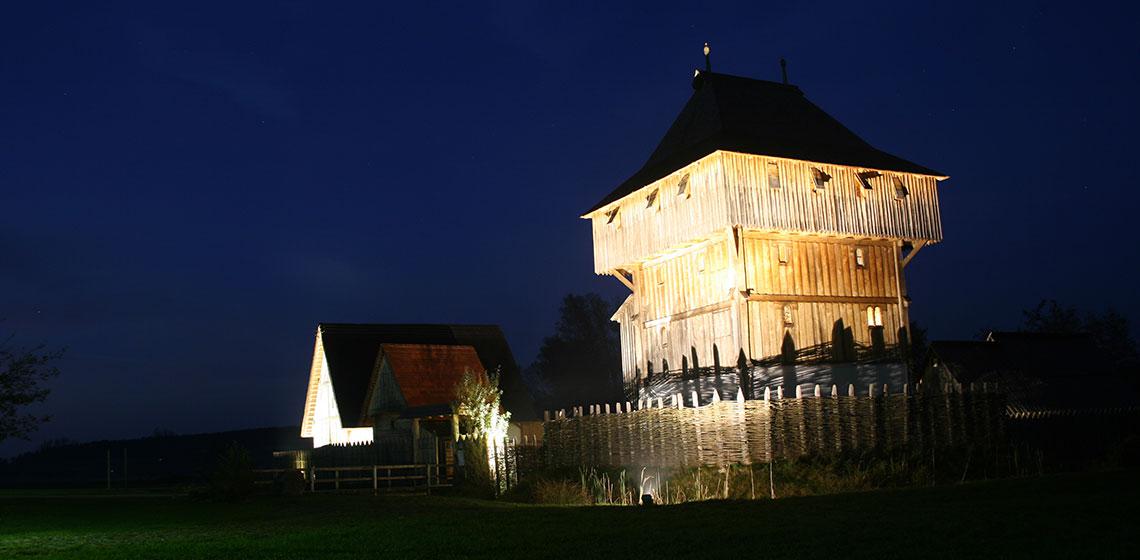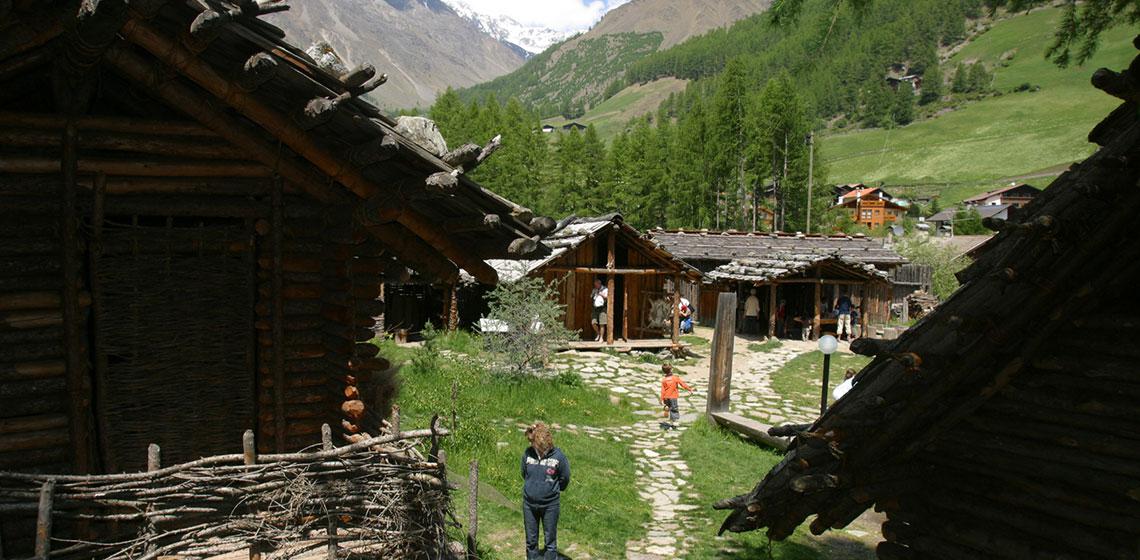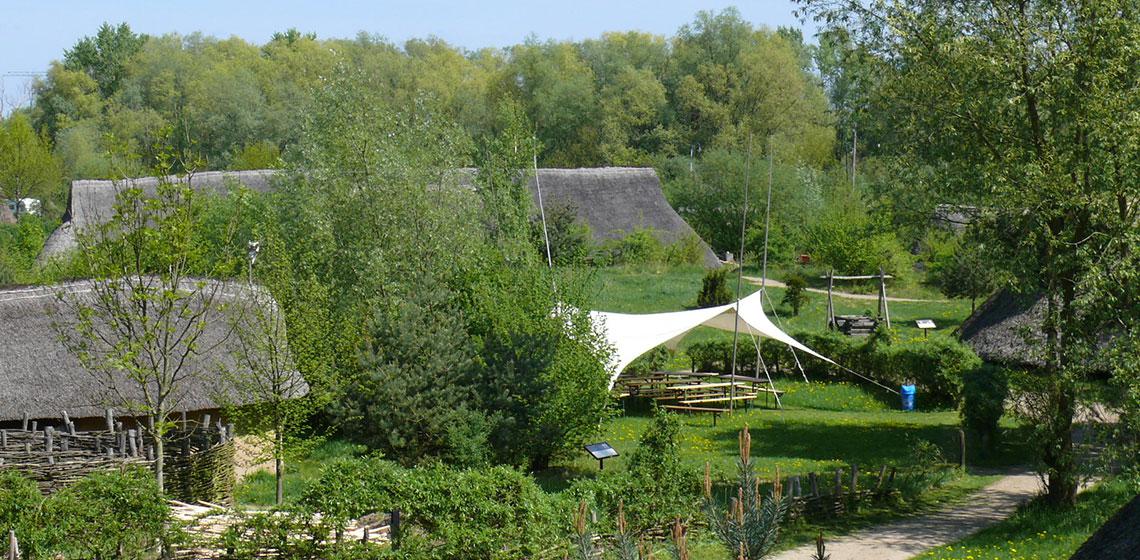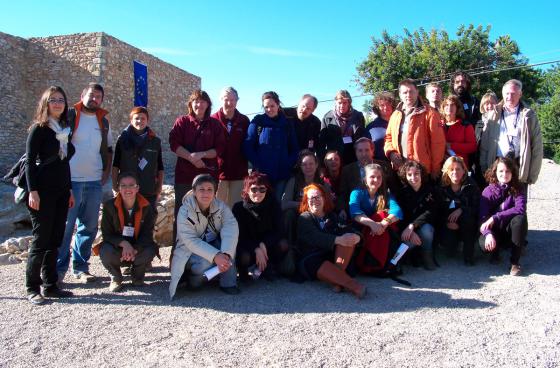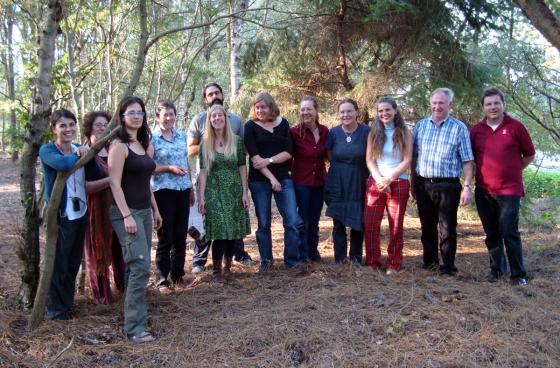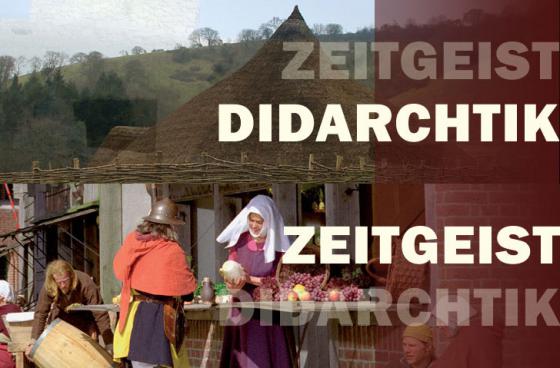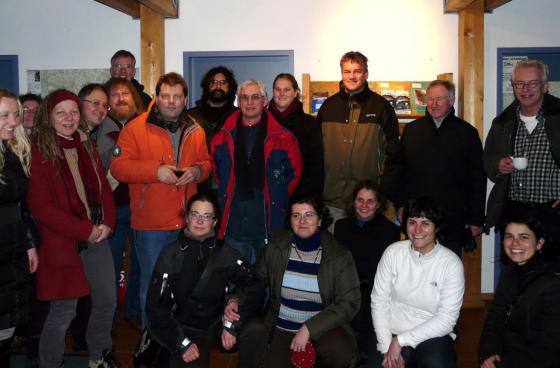La Ciutadella Ibérica de Calafell (ES)
The Iberian Citadel of Calafell is a centre of experimental archaeology, an archaeological open-air museum where visitors can see what life was like in the Iron Age 2,500 years ago. It is the first archaeological site in the Iberian Peninsula to have been reconstructed by using experimental archaeological techniques.
The Iberian Citadel of Calafell is a centre of experimental archaeology, an archaeological open-air museum where visitors can see what life was like in the Iron Age 2,500 years ago. It is the first archaeological site in the Iberian Peninsula to have been reconstructed by...

